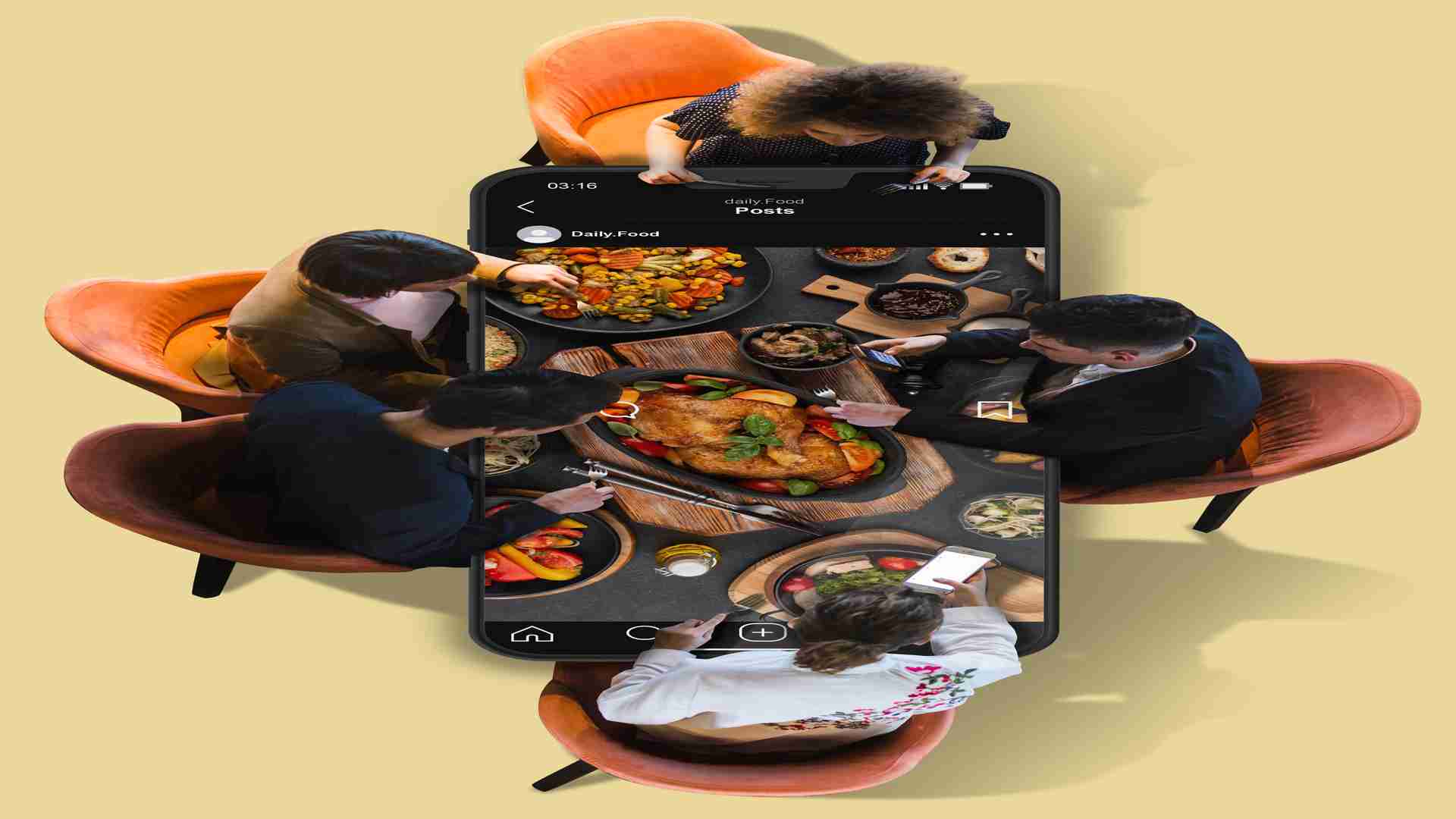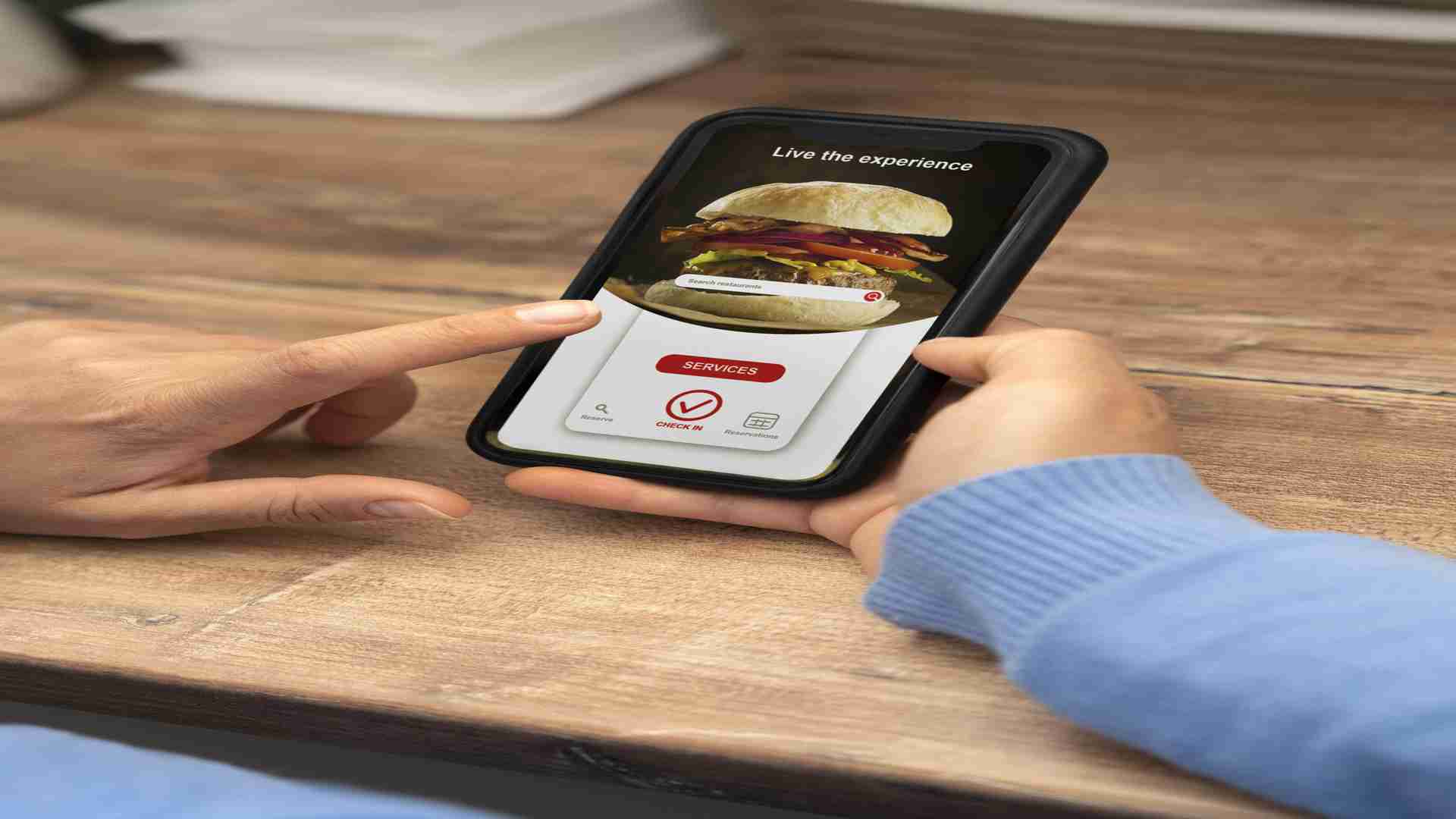-
1. How does the creation of an app that functions similarly to Swiggy usually proceed?
Creating an app that functions similarly to Swiggy is a multifaceted process that takes several steps. To begin with, the development team studies the market in-depth in order to identify possible competitors, market trends, and consumer preferences. They then go on to design the features and functionalities of the app, including the user interfaces for restaurants, delivery partners, and customers. Creating wireframes and prototypes to illustrate the application's organization and navigation flow is the next stage. The development team starts coding as soon as the drawings are complete, integrating backend systems for GPS tracking, order administration, and payment processing. The software is then put through rigorous testing to make sure it runs without a hitch on many platforms and devices. The app is then released on app stores, where it continues to get updates and enhancements in response to user feedback and market conditions after any bugs or difficulties have been fixed.
-
2. What features should an app that mimics Swiggy have to have?
To provide a smooth and practical meal ordering and delivery experience, a Swiggy-like app should include an extensive feature set. Personalized recommendations based on user preferences and order history, robust backend systems for order management and dispatching, user-friendly dashboards for restaurant partners to efficiently manage menus, orders, and inventory, push notifications for order updates and promotions, secure payment gateways supporting multiple payment methods, real-time order tracking with GPS integration, and in-app chat or phone support for customer queries and feedback are just a few of the key features. Easy registration and login processes are also included.
-
3. How can an app similar to Swiggy guarantee effective logistics of delivery?
An app that functions similarly to Swiggy must have effective delivery logistics. The software can do this by using sophisticated route optimization algorithms that minimize delivery times and costs by taking into account variables like traffic conditions, delivery distances, and order priorities. The software can also incorporate GPS tracking technology to give users real-time view into the whereabouts of delivery partners, enabling proactive route optimization and monitoring. In order to guarantee prompt order fulfillment and client satisfaction, the app can also use dynamic dispatching techniques to distribute orders to the closest available delivery partners. Over time, consistent performance monitoring and optimization grounded in data insights can further improve the efficiency of delivery logistics.
-
4. In what ways might an app akin to Swiggy guarantee food safety and quality standards?
In order to gain customers' confidence and establish credibility, a Swiggy-like software must uphold food safety and quality requirements. The application has the capability to impose rigorous onboarding requirements on restaurant partners, guaranteeing adherence to food safety laws and hygiene norms. To confirm the caliber of the products, food preparation procedures, and storage facilities at partner restaurants, routine audits and inspections can be carried out. The app can also have rating and review features that let users comment on the caliber of the food and service they experienced, encouraging responsibility and ongoing development. In order to help users make educated decisions, the app can also give them clear information on food origin, preparation techniques, and allergen information.
-
5. How can a mobile software that mimics Swiggy accommodate a range of dietary requirements and preferences?
For an app similar to Swiggy to meet the varied needs of its user base, it must be able to handle a wide range of dietary preferences and constraints. Users can select dietary preferences like vegetarian, vegan, gluten-free, or halal using the app's extensive filtering features, which helps to ensure that search results are customized to meet their unique needs. In order to help users make educated choices, the app can also work with eateries to offer thorough menu descriptions that include details on ingredients, allergies, and nutritional value. By giving users with particular dietary requirements or preferences the ability to tailor their orders to meet their requirements, the implementation of customizable order choices and special requests features can further improve flexibility for these users.
-
6. How might an app such to Swiggy cultivate robust relationships with eateries?
A Swiggy-like app's ability to succeed depends on its ability to forge strong relationships with restaurants, which guarantee customers a wide range of dining alternatives and foster growth and success for both parties. In order to improve exposure and customer appeal, the app may help restaurants with a user-friendly onboarding experience by helping with menu digitalization, photography, and optimization. In order to help restaurants make data-driven decisions and streamline their operations, the app can also give them access to statistics and insights about consumer preferences, order trends, and performance indicators. Restaurants can be encouraged to work exclusively with the app by providing promotional options like featured listings, discounts, and marketing campaigns, which will increase their exposure and revenue.
-
7. How can a Swiggy-like app protect users' privacy and data security?
A Swiggy-like software must prioritize data security and privacy in order to protect sensitive user data and foster user confidence. Strong encryption techniques can be used by the app to safeguard user data both during transmission and storage, guaranteeing its confidentiality and security. To further prevent unwanted access to user accounts and personal data, stringent access restrictions and authentication procedures might be put in place. Users should be given access to transparent privacy policies and consent methods that explain how the app collects, uses, and safeguards their data. To guarantee continued data security and regulatory compliance, regular security audits and compliance checks can be carried out to find and fix any vulnerabilities or compliance gaps.
-
8. How can an app that competes with Swiggy stand out in the market?
Differentiation is essential for a Swiggy-like software to stand out in a crowded market and draw in and keep customers. By providing special features and services that solve unmet needs or market pain points, the app can set itself apart from competitors. This might include cutting-edge features like meal subscription services, group ordering, or virtual kitchens with special recipes. The software can also concentrate on offering top-notch customer care via proactive problem solving, responsive help channels, and tailored recommendations based on user preferences. Working together to offer special partnerships or promotions with nearby eateries, renowned chefs, or culinary influencers can help set the app apart from the competition and generate buzz and excitement among users.
-
9. How may a Swiggy-like software improve user experience by utilizing current technological trends?
A Swiggy-like software must take advantage of technological advancements in order to remain ahead of the curve and provide a cutting-edge user experience. The app can make use of cutting-edge technology like machine learning and artificial intelligence to assess user activity, forecast preferences, and provide tailored restaurant and food recommendations. Users' engagement and decision-making can be improved by augmented reality capabilities that allow them to see virtual restaurant tours or visualize menu items in three dimensions. By integrating voice assistants or chatbots, businesses can improve accessibility and convenience by expediting the ordering process and offering users immediate support. In addition, adopting IoT-enabled gadgets and contactless delivery alternatives can improve customer convenience and safety even more, particularly in a post-pandemic environment.
-
10. How can an app that mimics Swiggy change to reflect changing consumer preferences and market dynamics?
An app that functions similarly to Swiggy must be able to adjust to changing user preferences and market circumstances in order to be successful and sustainable over time. By soliciting input from users, restaurants, and delivery partners on a regular basis, the app can remain responsive and agile. It can then make necessary improvements to its features and services. To anticipate and adjust to changes proactively, the app can benefit from regular market research and competition analysis, which can offer insights into developing trends, customer preferences, and competitive threats. Additionally, the app can encourage team members to experiment and innovate in order to come up with fresh concepts and answers to changing market demands. In a market that is changing quickly, the app can stay relevant and competitive by continuing to be flexible and responsive.



















